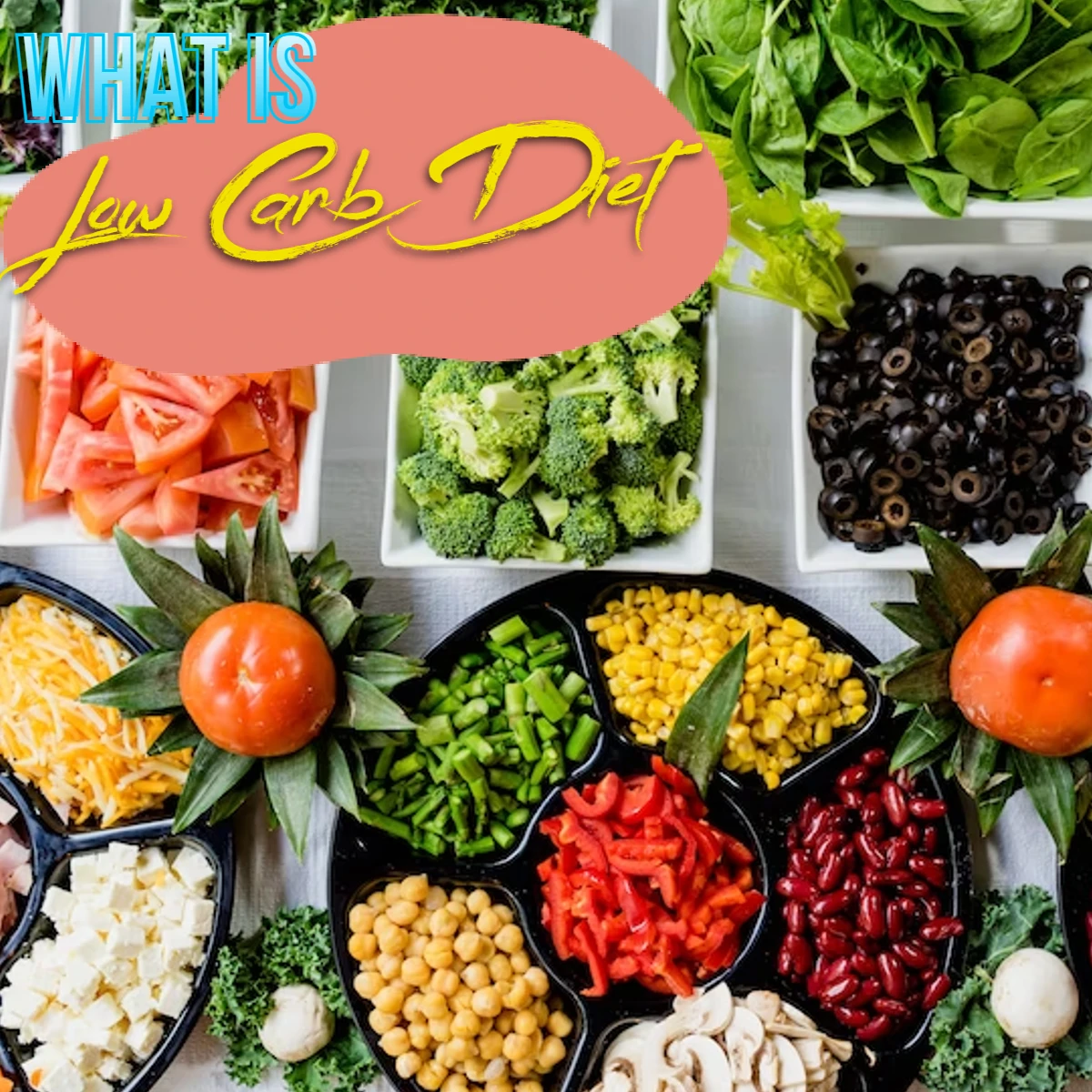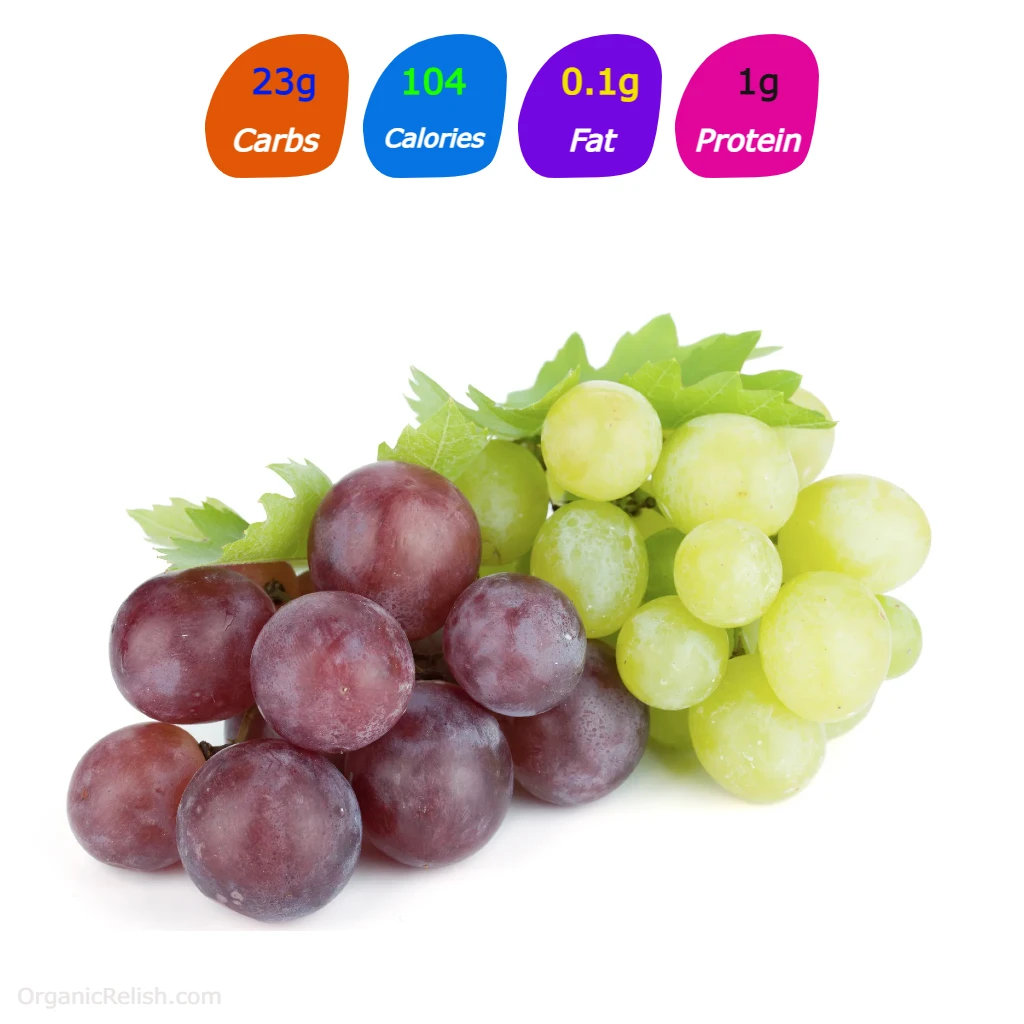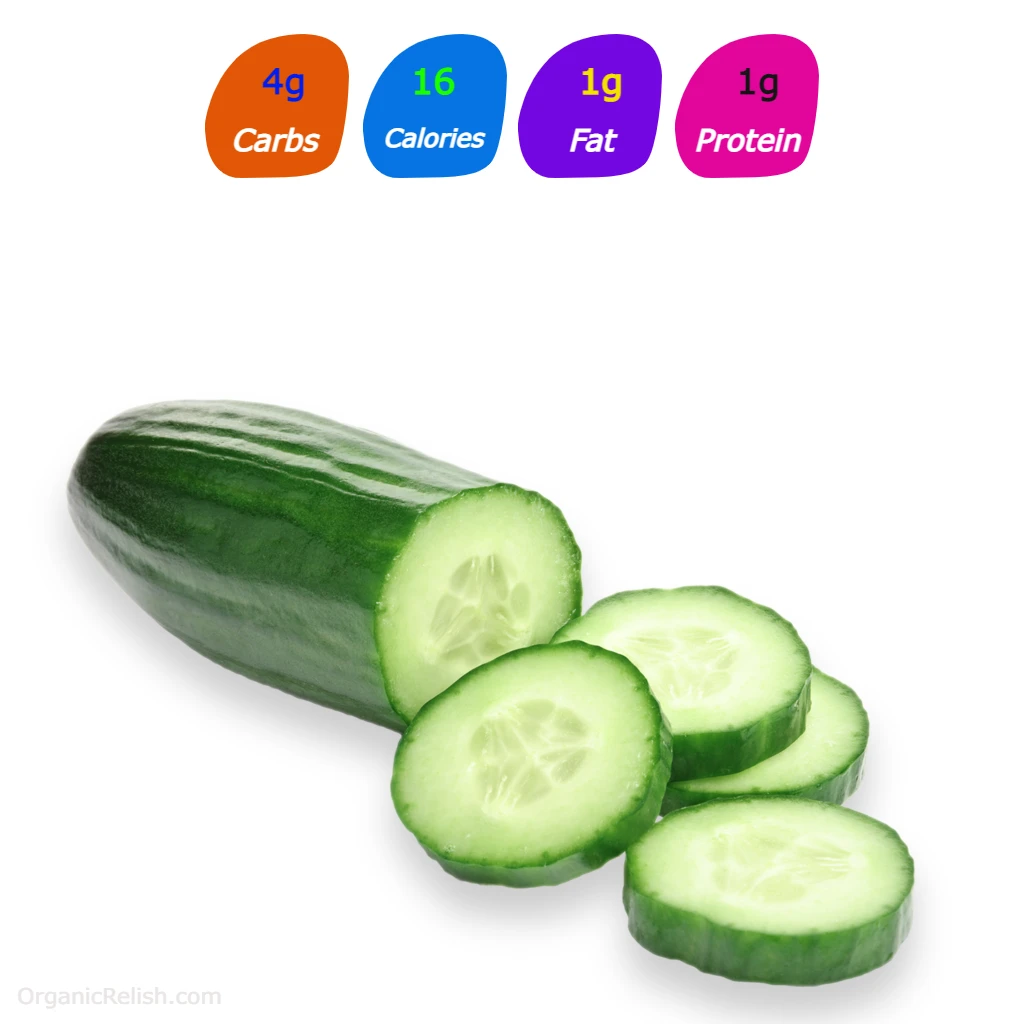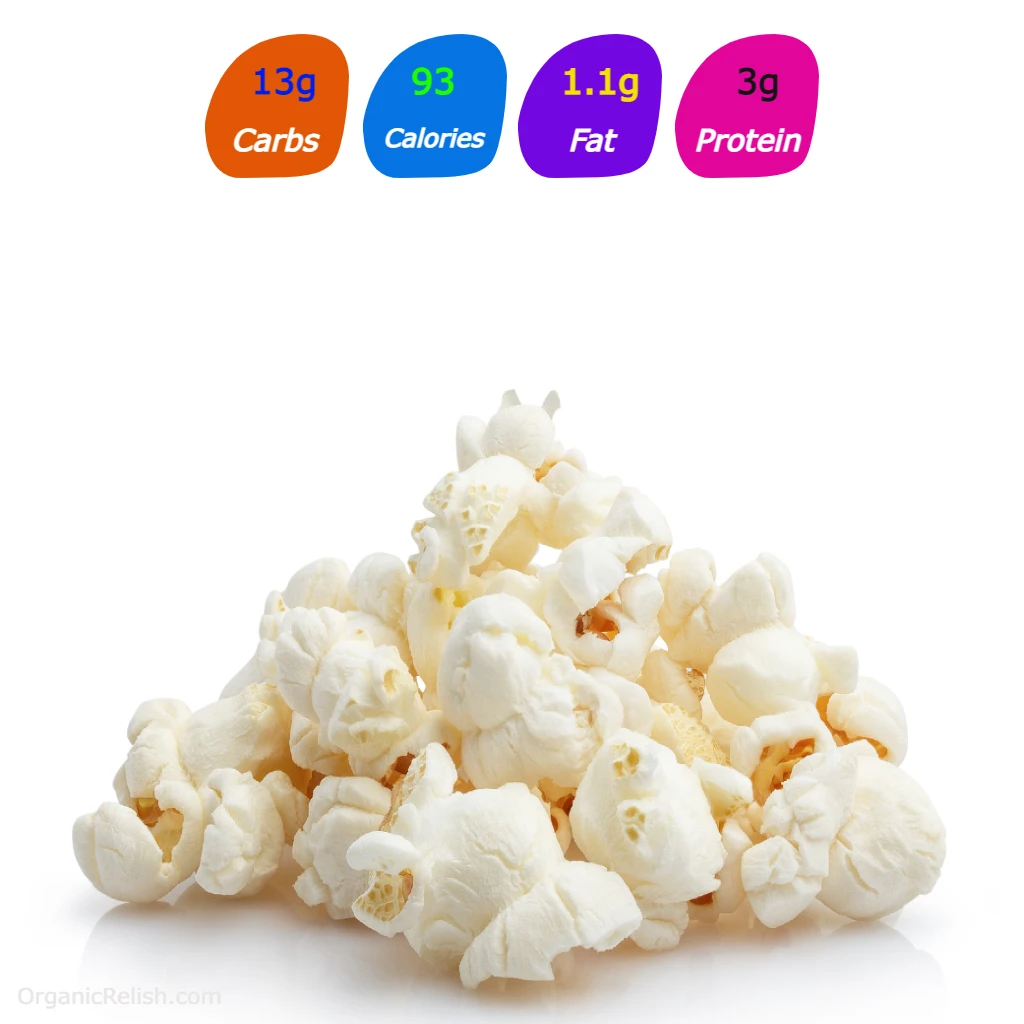What are Carbs?
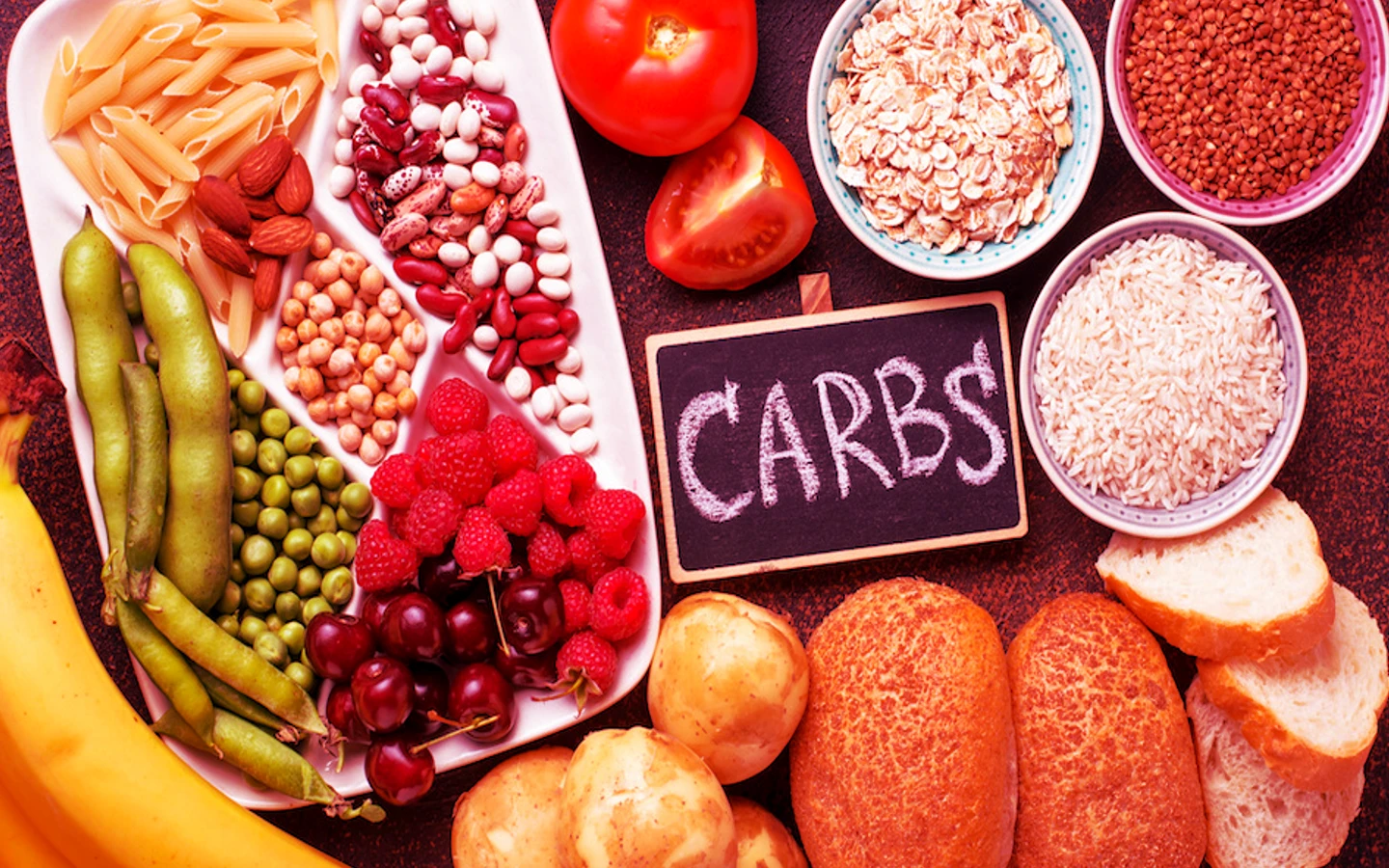
Carbohydrates are a type of macronutrient found in many foods and drinks. They are an important source of energy for the body and are found in a wide variety of plant-based foods, including grains, beans, fruits, vegetables, and dairy products. Carbohydrates are made up of sugars, starches, and fibers, and they can be classified as simple or complex based on the number and type of sugars they contain.
Simple carbohydrates, such as those found in sugary drinks and sweets, are quickly absorbed by the body and can cause a rapid increase in blood sugar. Complex carbohydrates, such as those found in whole grains, legumes, and vegetables, are broken down more slowly by the body and provide a more sustained source of energy.
What do carbs mean?
The term “carbohydrates” is short for “carbohydrate molecules,” which are organic compounds that contain carbon, hydrogen, and oxygen. Carbohydrates are classified as macronutrients, meaning they are one of the three main sources of energy for the body, along with fats and proteins. Carbohydrates are the body’s primary source of energy, and they play a key role in many of the body’s functions, including brain function, physical activity, and the immune system.
There are two main types of carbohydrates: simple and complex. Simple carbohydrates, also known as simple sugars, are made up of single sugar molecules or pairs of sugar molecules and are quickly absorbed by the body. Complex carbohydrates, also known as starches, are made up of long chains of sugar molecules and are broken down more slowly by the body. Foods that are high in carbohydrates include grains, beans, fruits, vegetables, and dairy products.
History of Carbohydrate
Carbohydrates have been a part of the human diet for thousands of years. Humans have been consuming grains, legumes, and other carbohydrate-rich foods for much of our history. The first known cultivation of grains, such as wheat and barley, dates back to around 10,000 years ago in the Fertile Crescent, a region that encompasses parts of the Middle East, North Africa, and the eastern Mediterranean.
Carbohydrates have played a central role in many traditional diets around the world. In some cultures, grains, such as rice and wheat, have been staple foods and the primary source of energy for centuries. In others, tubers, such as potatoes and yams, and legumes, such as beans and lentils, have been important sources of carbohydrates.
In more recent times, the role of carbohydrates in the diet has been the subject of much debate and research. Some have argued that low-carbohydrate diets are more effective for weight loss and improving health markers, while others have emphasized the importance of consuming a variety of nutrient-dense carbohydrates, such as whole grains, fruits, and vegetables. Overall, the importance of carbohydrates in the diet depends on an individual’s overall diet and lifestyle, and it is important to choose a balance of healthy carbohydrates as part of an overall healthy diet.
Structure of Carbohydrate
Carbohydrates are organic molecules that contain carbon, hydrogen, and oxygen atoms. The basic structure of a carbohydrate molecule consists of a chain of carbon atoms bonded to hydroxyl groups (-OH). Carbohydrates can be classified as simple or complex based on their structure and the number of sugar units they contain.

Simple carbohydrates, also known as simple sugars, are made up of single sugar units or pairs of sugar units and include monosaccharides and disaccharides. Monosaccharides, such as glucose and fructose, are single sugar units and are the simplest form of carbohydrate. Disaccharides, such as sucrose (table sugar), maltose, and lactose, are made up of two monosaccharides bonded together.
Complex carbohydrates, also known as polysaccharides, are made up of long chains of monosaccharides and include starches and fibers. Starches, which are found in foods such as grains, potatoes, and legumes, are made up of long chains of glucose units and are an important source of energy for the body. Fiber, which is found in plant-based foods such as fruits, vegetables, and whole grains, is also a type of polysaccharide. However, unlike starches, fiber is not digested by the body and instead passes through the digestive system largely unchanged.
What are the different types of carbohydrates?
There are two main types of carbohydrates: simple and complex.
Simple carbohydrates, also known as simple sugars, are made up of single sugar units or pairs of sugar units and include:
- Monosaccharides: These are single sugar units and include glucose, fructose, and galactose. Monosaccharides are the simplest form of carbohydrate and are quickly absorbed by the body.
- Disaccharides: These are made up of two monosaccharides bonded together and include sucrose (table sugar), maltose, and lactose. Disaccharides are also quickly absorbed by the body.
Complex carbohydrates, also known as polysaccharides, are made up of long chains of monosaccharides and include:
- Starches: These are found in foods such as grains, potatoes, and legumes and are an important source of energy for the body.
- Fiber: This is found in plant-based foods such as fruits, vegetables, and whole grains and is not digested by the body. Instead, it passes through the digestive system largely unchanged, providing a variety of health benefits.
It’s important to include a balance of both simple and complex carbohydrates in your diet as part of an overall healthy eating pattern. Simple sugars can be enjoyed in moderation as part of a balanced diet, but it’s important to choose complex carbohydrates, such as whole grains, legumes, fruits, and vegetables, as the main sources of carbohydrates.
What foods are considered carbs?
There are many different foods that are high in carbohydrates. Some examples include:
Grains:
- Bread
- pasta
- rice
- cereals
- other grain-based products are all high in carbohydrates.
Legumes:
- Beans
- lentils
- other legumes are high in both carbohydrates and fiber.
Fruits:
Many fruits are high in natural sugars, which are a type of carbohydrate.
Vegetables:
Some vegetables, such as potatoes, corn, and winter squash, are higher in carbohydrates than others.
Dairy products:
Milk, yogurt, and other dairy products contain a type of carbohydrate called lactose.
Sweets and treats:
- Candy
- cookies
- cakes
- other sweets are high in simple sugars, which are a type of carbohydrate.
It’s important to note that not all carbohydrates are created equal. Some sources of carbohydrates, such as whole grains, legumes, and vegetables, are also high in nutrients and provide a sustained source of energy. Other sources of carbohydrates, such as sweets and sugary drinks, are low in nutrients and can cause rapid spikes in blood sugar.
What are examples of unhealthy carbs?
Unhealthy carbohydrates, also known as “empty” or “refined” carbs, are those that have been stripped of their natural fiber and nutrients during processing. These types of carbs are often found in highly processed, packaged foods and are typically low in nutrients and high in added sugars. Examples of unhealthy carbs include:
- White bread, bagels, and other refined grain products: These products are made from refined flour, which has been stripped of its fiber and nutrients.
- Sweetened cereals: Many cereals, particularly those marketed to children, are high in added sugars and low in nutrients.
- Packaged snacks: Chips, crackers, and other snack foods are often made from refined grains and are high in added fats and sugars.
- Sugary drinks: Sodas, sports drinks, and other sweetened beverages are high in added sugars and provide little nutritional value.
- Desserts: Cookies, cakes, and other baked goods are often made with refined flour and are high in added sugars and unhealthy fats.
It’s important to limit your intake of unhealthy carbs and choose healthier, more nutrient-dense sources of carbohydrates, such as whole grains, legumes, fruits, and vegetables.
Nutrition of carbohydrates
Carbohydrates are an important source of energy for the body and play a key role in many of its functions, including brain function, physical activity, and the immune system. Carbohydrates are found in a wide variety of plant-based foods, including grains, beans, fruits, vegetables, and dairy products.
Carbohydrates can be classified as simple or complex based on their structure and the number of sugar units they contain. Simple carbohydrates, also known as simple sugars, are made up of single sugar units or pairs of sugar units and are quickly absorbed by the body. Examples include monosaccharides (such as glucose and fructose) and disaccharides (such as sucrose, maltose, and lactose).
Complex carbohydrates, also known as polysaccharides, are made up of long chains of monosaccharides and include starches and fibers. Starches, which are found in foods such as grains, potatoes, and legumes, are an important source of energy for the body. Fiber, which is found in plant-based foods such as fruits, vegetables, and whole grains, is not digested by the body and instead passes through the digestive system largely unchanged, providing a variety of health benefits.
It’s important to include a balance of both simple and complex carbohydrates in your diet as part of an overall healthy eating pattern. Simple sugars can be enjoyed in moderation as part of a balanced diet, but it’s important to choose complex carbohydrates, such as whole grains, legumes, fruits, and vegetables, as the main sources of carbohydrates.
Read More:
